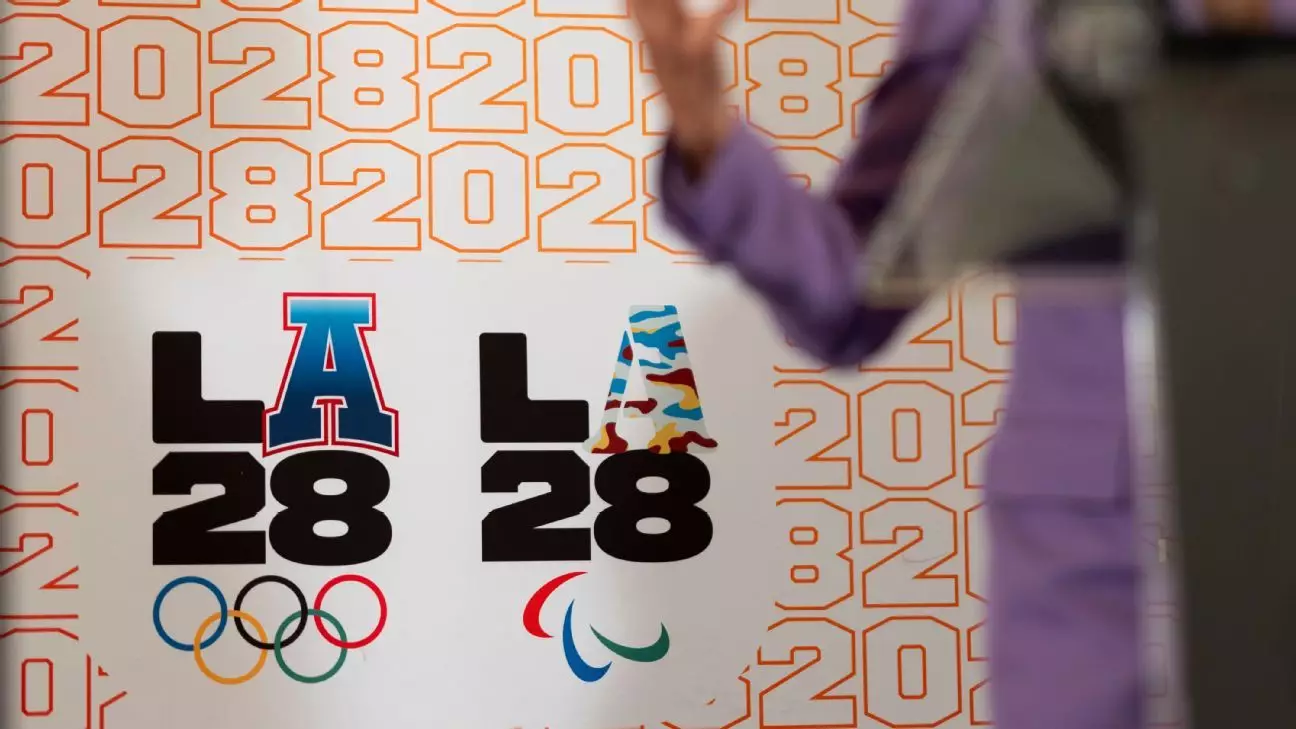The decision to commence basketball competitions days before the official opening of the 2028 Los Angeles Olympics signals a bold shift away from conventional scheduling norms. Historically, the Olympics commence with a broad spectrum of sports, but major events like basketball typically align with the opening ceremony, fostering a sense of collective celebration. However, the organizers’ move to initiate basketball on July 12—two days prior—may fundamentally alter the event’s narrative and viewer engagement. This proactive scheduling demonstrates a willingness to prioritize athletic excellence and logistics over tradition, possibly setting a precedent for future Games. Yet, it also raises concerns about diluting the grandeur of the Opening Ceremony and fragmenting the audience’s experience of the Olympics as a unified spectacle.
Enhanced Player Experience Versus Audience Engagement
FIBA’s rationale for the schedule adjustment emphasizes improving conditions for athletes, such as avoiding early morning games and enabling a more balanced tournament structure. While this focus on athlete welfare is commendable, it invites questions about the impact on spectators. Starting key competitions in the days leading up to the opening ceremony risks splitting audience attention, potentially diminishing the collective excitement that a synchronized start cultivates. Conversely, staggered beginnings could also create extended periods of national pride and media buzz, maintaining Olympic momentum for longer. Ultimately, the success of this approach depends on viewers’ and broadcasters’ ability to adapt their expectations and engagement strategies, transforming perceived negatives into opportunities for innovative storytelling and heightened anticipation.
Implications for Future Olympic Planning
The inclusion of sports like field hockey, rugby sevens, and water polo starting before the official opening exemplifies a broader trend toward decentralizing the Olympic festivities. This approach may offer logistical advantages, such as alleviating congestion during peak days and spreading out the event timeline. However, it also risks altering the traditional communal viewing experience that has defined the Olympics for decades. The timing choices reflect a broader industry shift toward maximizing media coverage and fan engagement over a condensed schedule. By doing so, organizers challenge not just the logistical norms but also the cultural expectations surrounding the Olympics—prompting a reevaluation of what it means to host a truly cohesive and immersive global sporting celebration.
My Critical Perspective on Innovation and Tradition
While these schedule innovations present an opportunity for modernization, I am skeptical about sacrificing the unifying power of the Opening Ceremony. The Olympics are as much a cultural showcase as they are a sporting event, and beginning competitions ahead of the grand inauguration could diminish the symbolic significance of the Games’ official start. Moreover, the focus on athlete-friendly scheduling, though well-intentioned, might inadvertently undermine the spectacle’s emotional impact, which benefits from synchronized, shared moments. Innovations in scheduling are necessary in a rapidly changing media landscape, but they should not come at the expense of the Olympic spirit’s storytelling potential. Moving forward, a delicate balance must be struck—leveraging logistics innovations without losing sight of the cultural and emotional resonance that elevates the Olympics beyond mere competition.


Leave a Reply